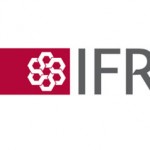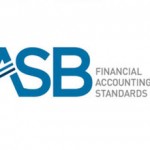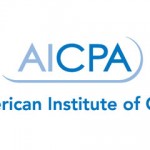Investors Leery of Separate Accounting Standards for Private Companies

The majority of investors are apprehensive about the creation of separate accounting standards for private companies, and the argument in favor of such standards “doesn’t withstand scrutiny,” according to a new report by the CFA Institute.
The study, Addressing Financial Reporting Complexity: Investor Perspectives, indicates that 73 percent of investors believe separate standards for nonpublic entities would increase complexity, 65 percent think the separation would result in the loss of useful information for analyses, and 82 percent say the separation of standards would make comparisons difficult for investments in public and private companies.
Investors do, however, believe the separation would reduce company compliance expenses.
The study is the first to examine investors’ viewpoints in the ongoing discussion about how to make financial statements less complex.
Accounting standard-setters worldwide have been working to address those complexity concerns. The efforts have taken varying routes, including the consideration of different reporting requirements for nonpublic companies and extending those alternatives to public companies, and changes to certain public company requirements.
Specifically, the International Accounting Standards Board (IASB) already has established separate reporting requirements for small to midsized private companies, and the Financial Accounting Standards Board (FASB) is looking at US private company standards.
Last June, the FASB launched an initiative to make US accounting rules less complex. The initiative involves the FASB adding narrow-scope projects to its agenda that were identified by stakeholders as areas where US Generally Accepted Accounting Principles (GAAP) could be simplified in a relatively short period of time.
“These efforts, we believe, have come about primarily in response to preparer concerns regarding compliance costs,” the report states.
What’s been missing until now, though, is “the perspective of the main consumer of financial statements” – the investor – the report notes.
Citing other unnamed studies, the CFA Institute report states that private company users want financial statements based on GAAP. But small to midsized companies and US private companies say they need reduced reporting requirements.
“The question is, why?” the study states. “If complying with a particularly complex standard within GAAP is too expensive, GAAP statements can be issued with a qualified audit opinion that explains the departure from GAAP. In addition, US private companies have the option to use some other comprehensive basis of accounting (OCBOA).”
The catch, though, is that there’s a stigma regarding qualified audit opinions and OCBOA statements. That stigma – and users’ preference for GAAP statements – has led the FASB to create “a rather convoluted situation: The reduced private company financial reporting requirements and public company reporting requirements are considered US GAAP,” according to the study.
“This is not only confusing for investors but also leaves the entire burden on them to discern the differences between private and public company requirements, both of which are US GAAP.”
(The CFA Institute study uses GAAP to refer to its general use and US GAAP as specific to the United States.)
The study is based on a May 2014 survey of 170 respondents about US private companies. (The IASB already has promulgated standards for smaller private companies.) The CFA Institute invited 14,208 of its 100,000 members to participate, based on members’ designated interest areas.
Source: accountingWEB – Investors Leery of Separate Accounting Standards for Private Companies




























